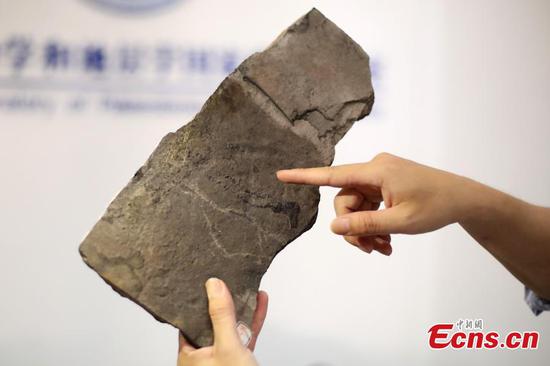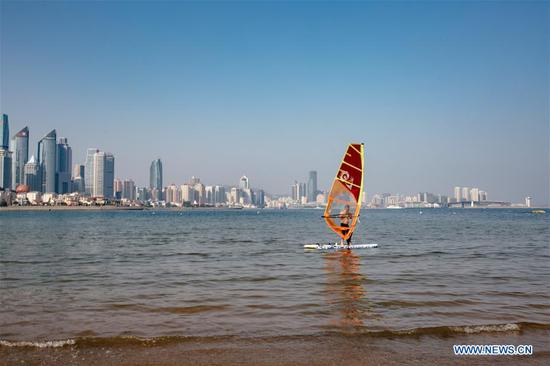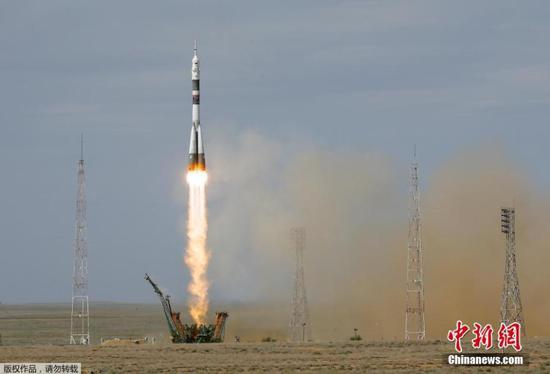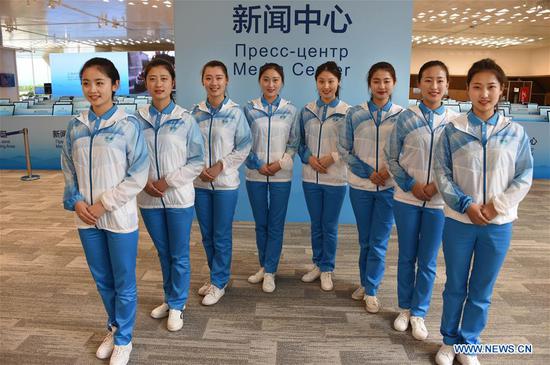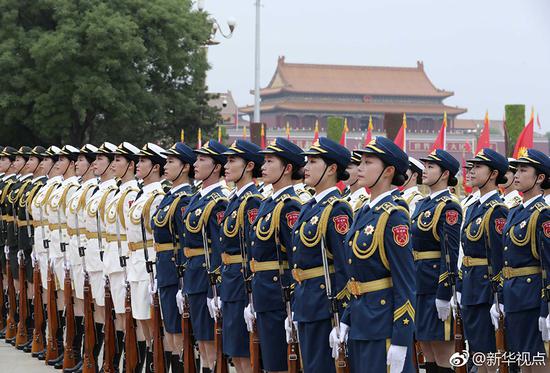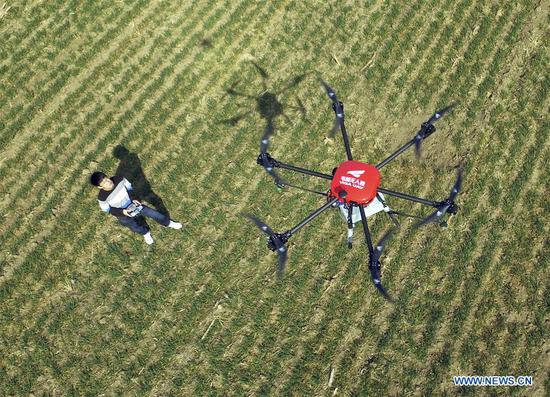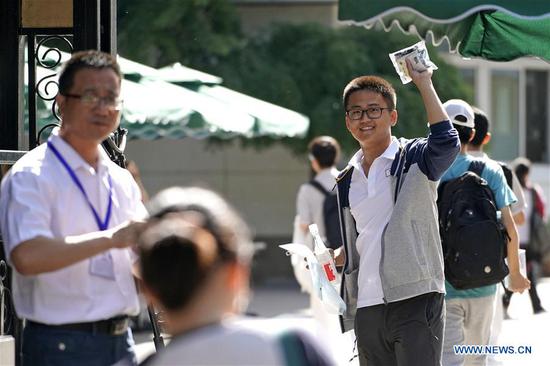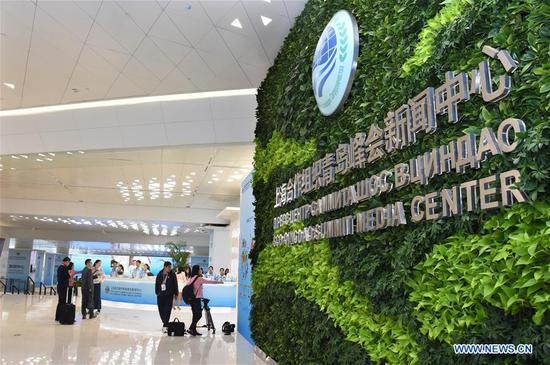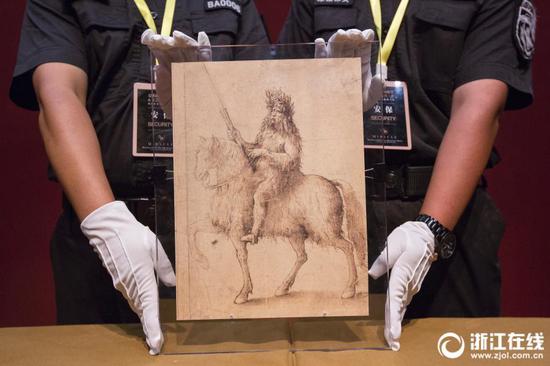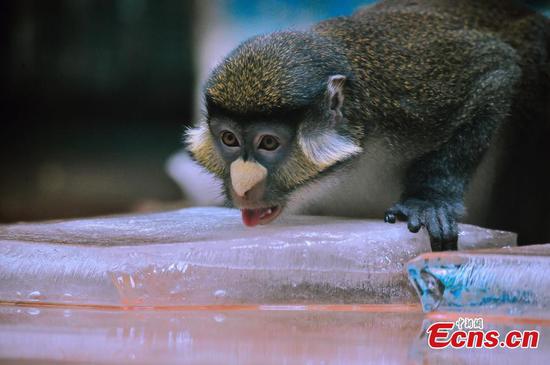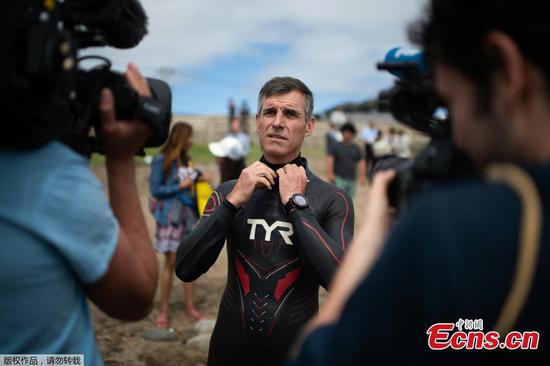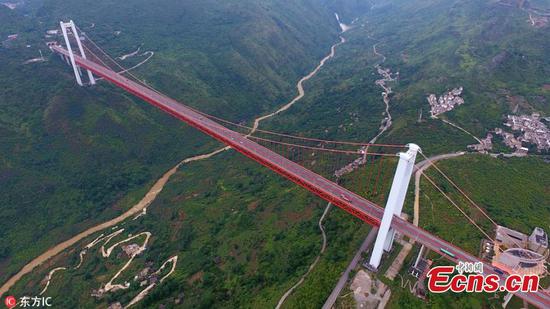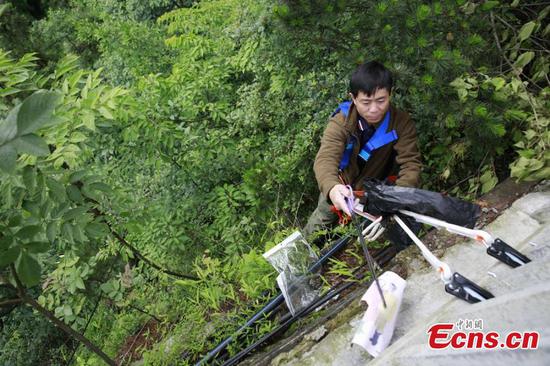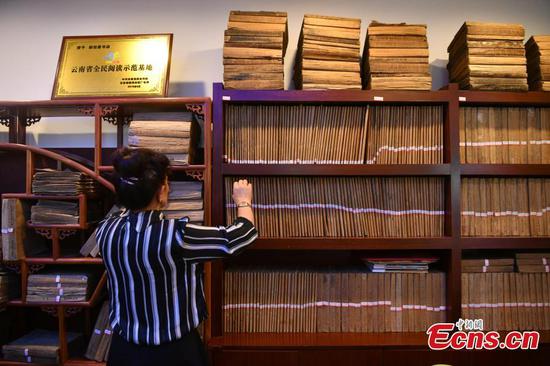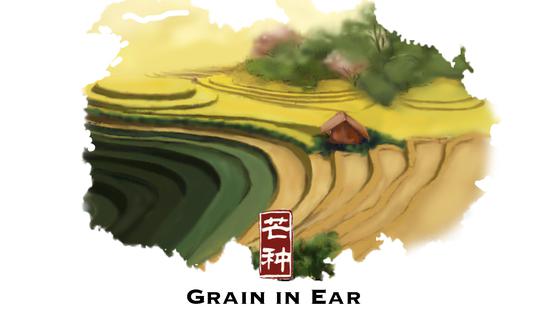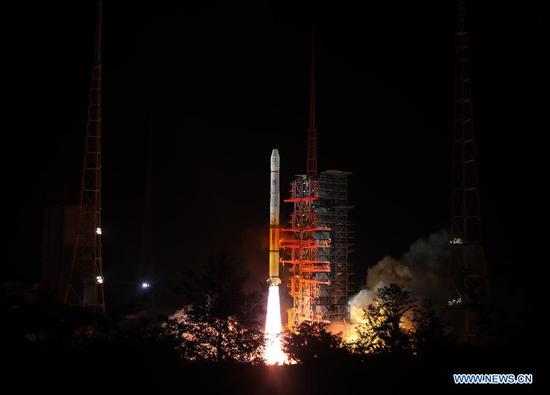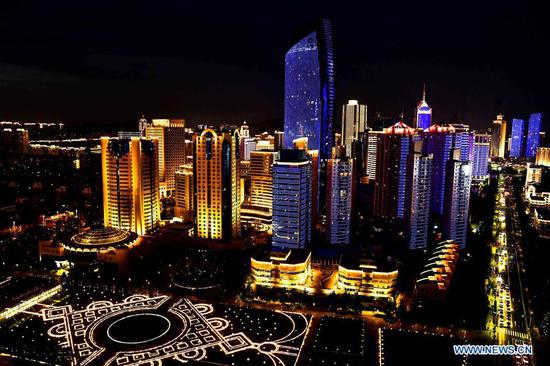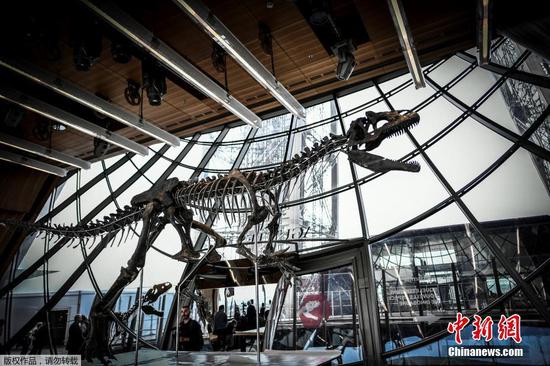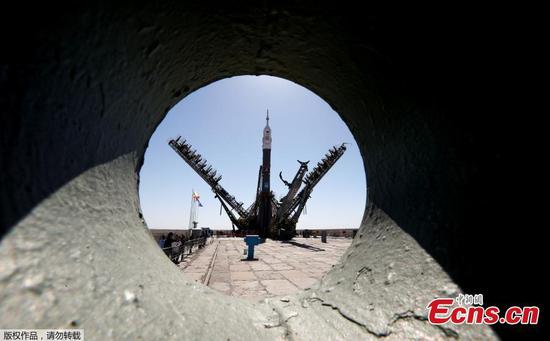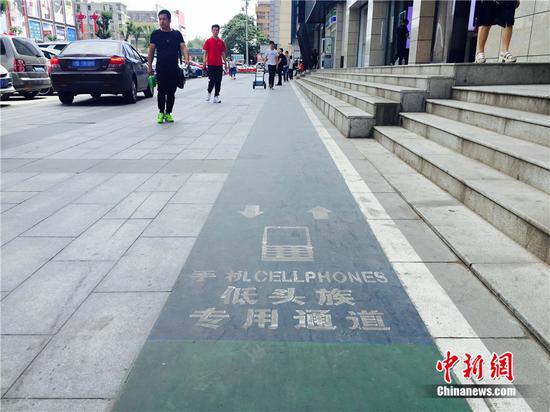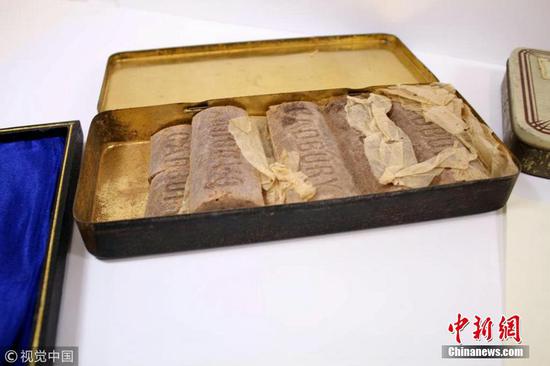China needs to be prepared with flexible plans to respond to the inconsistent trade and economic policies of the administration of U.S. President Donald Trump, as both sides still face a host of unresolved issues related to bilateral trade, experts said on Thursday.
Although both sides made progress in some areas at the third round of high-level official talks that concluded in Beijing on Sunday, the U.S. government may still release a list on June 15 imposing a 25 percent tariff on $50 billion worth of Chinese goods containing "industrial significant technology", according to a White House statement issued late last month.
China's Ministry of Commerce stressed on Thursday that the nation is willing to expand imports from the U.S. if they can meet "halfway" in trade negotiations.
China does not want an escalation of trade friction with the U.S., said ministry spokesman Gao Feng. China's stance is consistent and the nation always pursues a balanced trade relationship with the U.S..
China said if the U.S. introduces trade sanctions, including tariff hikes, the economic and trade achievements negotiated by the two sides after the third round of trade talks in Beijing will not take effect.
Li Daokui, an economist at Tsinghua University and former central bank monetary policy committee member, said China is able to adjust and upgrade its economic structure from a long-term perspective.
"Against that backdrop, we know how to address current problems and upgrade the economy step by step. We also know which concessions can or cannot be made in trade negotiations," Li said.
Core interests, Li said, such as industrial upgrading and technological advancement can by no means be compromised. But China can agree to import more from the U.S. to meet people's ever-growing consumption demand.
China and the U.S. are unlikely to solve all their trade disputes within the next few months, said Li.
"The negotiations will be a long and bumpy road," he said. "We should maintain a balanced frame of mind, rather than be irritated by the White House's statements or the U.S. president's messages on Twitter."
"If China cannot achieve substantial results through dialogue, it must study the U.S. moves and prepare measures to counter the U.S. action," said Long Guoqiang, vice-president of the Development Research Center of the State Council.
Justin Yifu Lin, former chief economist and senior vice-president of the World Bank from 2008 to 2012, said the U.S. should be aware that exporting more energy and agricultural products to China will not fundamentally change the situation of the trade deficit with China, and what China wishes to import from the U.S. is its high-tech products and related services.
Therefore, Lin said, the two sides should expand trade negotiation topics from energy and agricultural products to high-tech products and solutions in an orderly manner.
Peter Szijjarto, Hungary's minister of foreign affairs and trade, called on both sides to rationally resolve trade disputes.
"Of course we understand the recent development of the global trading system, we see that restrictive measures and customs barriers have been set up," Szijjarto said on the sidelines of the Third Ministerial Conference of China and Central and Eastern European Countries on Promoting Trade and Economic Cooperation held in Ningbo on Thursday.
"China is Hungary's biggest trading partner and the U.S. is the second-largest one. We hope the two parties can reach an agreement to ensure a fair and free international trade order, instead of a destructive trade war," he said.
The U.S. trade deficit dropped to a seven-month low in April as exports jumped to a record high, lifted by an increase in shipments of industrial materials and soybeans.
The U.S. Commerce Department said on Wednesday that this was the latest sign of robust economic growth in the second quarter.










